
Artificial intelligence has thrown a wrench into traditional understandings of copyright, intellectual property ownership, and creativity. The rise of AI in the music industry is of growing concern not only to musicians but also to producers, audio engineers, creators, record labels, and even listeners. Because AI music functions by processing existing works in order to generate similar-sounding compositions, it raises serious questions about who owns what it creates, whether or not its usage is ethical, and what it means fundamentally to be an artist.
What Is AI-Generated Music?
Imagine hearing a new song by The Beatles today. An AI learning model may be able to create a “new” composition that sounds like bands you already know and love. As AI improves, many listeners are already finding that they have trouble telling the difference between an AI-made song and a song written by a human person.
AI-generated music functions by scanning data available online and finding patterns within existing songs. It can then synthesize this information without a human to play or record any instruments, write lyrics, arrange melodies, or take any further part in the creation process at all.
AI-generated music tends to refer to music that has been composed nearly 100% by a machine learning program. The music can be created to mimic a certain style, genre, or even a specific artist, leading to some concerns about the potential for deep fakes and copyright violations. For many AI-generated compositions, no human element has been involved other than the initial prompt or text input.

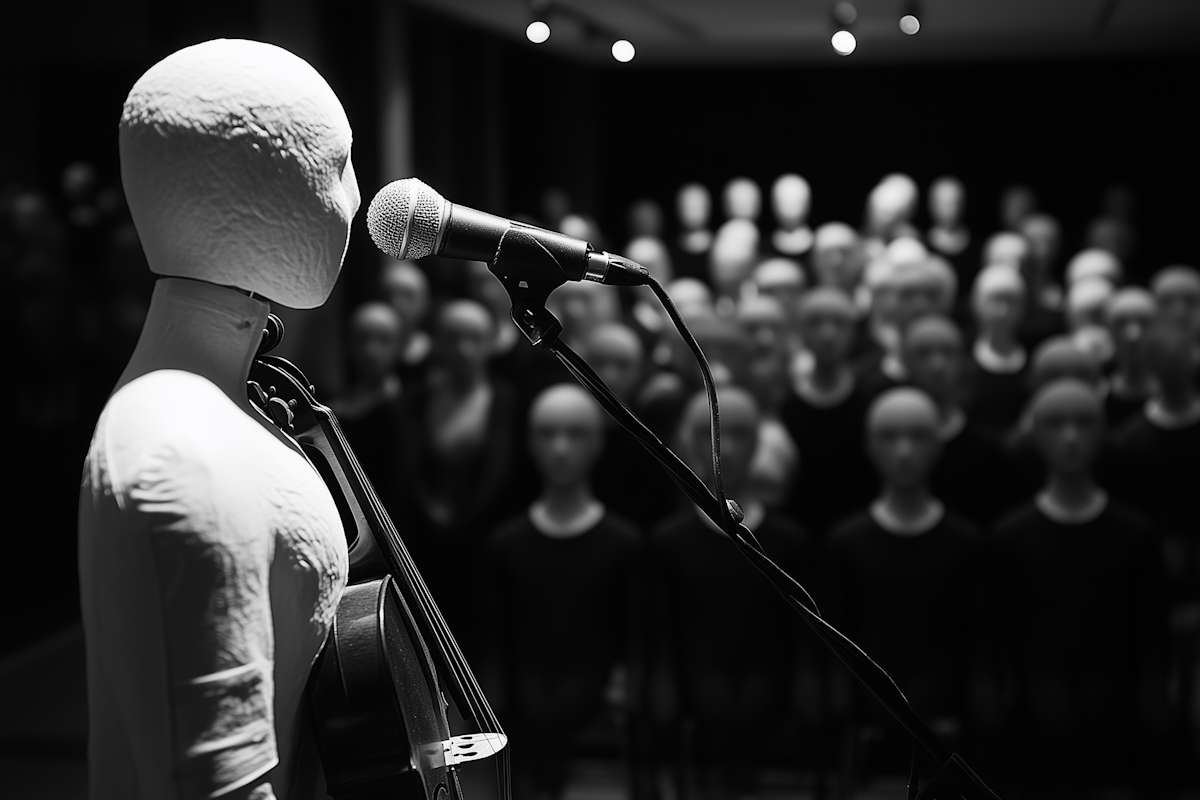
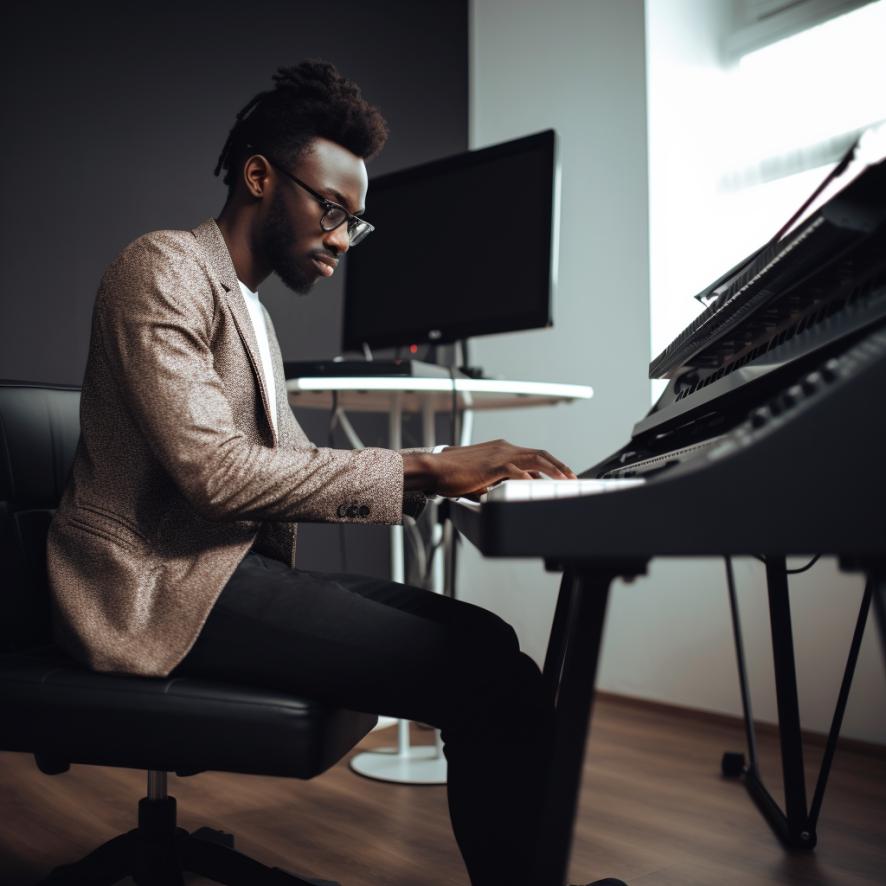
AI-Generated vs AI-Assisted Music
With AI-generated music, artificial intelligence can be deployed in several different ways. Many AI-generated songs can also refer to AI-assisted compositions. In this style of creation, a human deploys AI to create or refine their production, instrumentation, ideas, or even performance.
In these cases, a human creator uses AI in order to bring their overall vision to light. AI-assisted music can refer to the use of:
- Online mastering services like Landr, Waves, BandLab, and more
- AI-assisted production elements
- Interactive “jamming” for musicians
- AI-generated backing tracks
- AI software used in mixing or sound design
- Automated audio editing, like tuning, volume adjustments, automation, and more
What Is Derivative Work?
Title 17, Section 101 of the Copyright Act creates a limitation on “derivative works”. Derivative works are defined as any output “based upon one or more preexisting works.” Before AI, derivative works might have included “translations, musical arrangements, motion picture versions of literary material or plays, art reproductions, abridgements, and condensations of preexisting works” (Copyright Office Circular 14).
To comply with the Copyright Act, a translator or musical arranger would need to contact the original rights holder and obtain their permission for use, or establish that their new work is protected under the fair use doctrine. Copyright holders are presumed to have rights protecting the creation of derivative works based on their original creativity.
Perhaps the main question surrounding AI is whether it can truly create anything new, or if all AI output is simply derivative work. Generative AI models must be trained on large sets of data in order to function. For instance, an AI program cannot create a song that sounds like The Beatles if it has never scanned or seen an already-existing Beatles song, and because of this, the use of AI may implicitly violate the very nature of many copyright protections.
AI Music Legal Battle Examples
Generative AI in music is a new territory. The courts have yet to come down on one side or the other on whether or not artists are protected under copyright laws for the use of their work in AI. The three major US-based labels, Sony Music, Warner Music Group, and Universal Music Group, have sued two of the most prominent AI music companies, Suno and Udio, over copyright infringement claims.
These cases, which have been filed in Boston and New York, allege that the two AI music companies used works by artists like Chuck Berry and Mariah Carey to train their software. The companies were then able to produce music that closely mimics the original recordings using generative AI. The record companies are seeking major damages to the tune of $150,000 per infringed work, which will quickly add up given the scale of AI training, as well as the extent of master recordings owned by the major label groups.

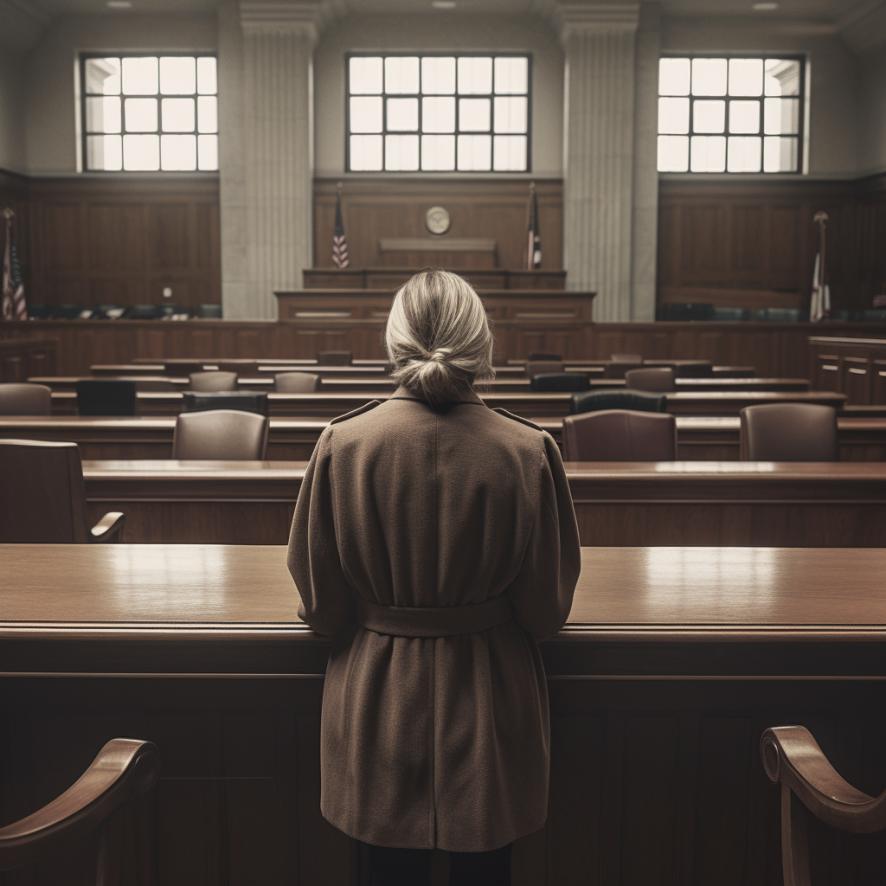
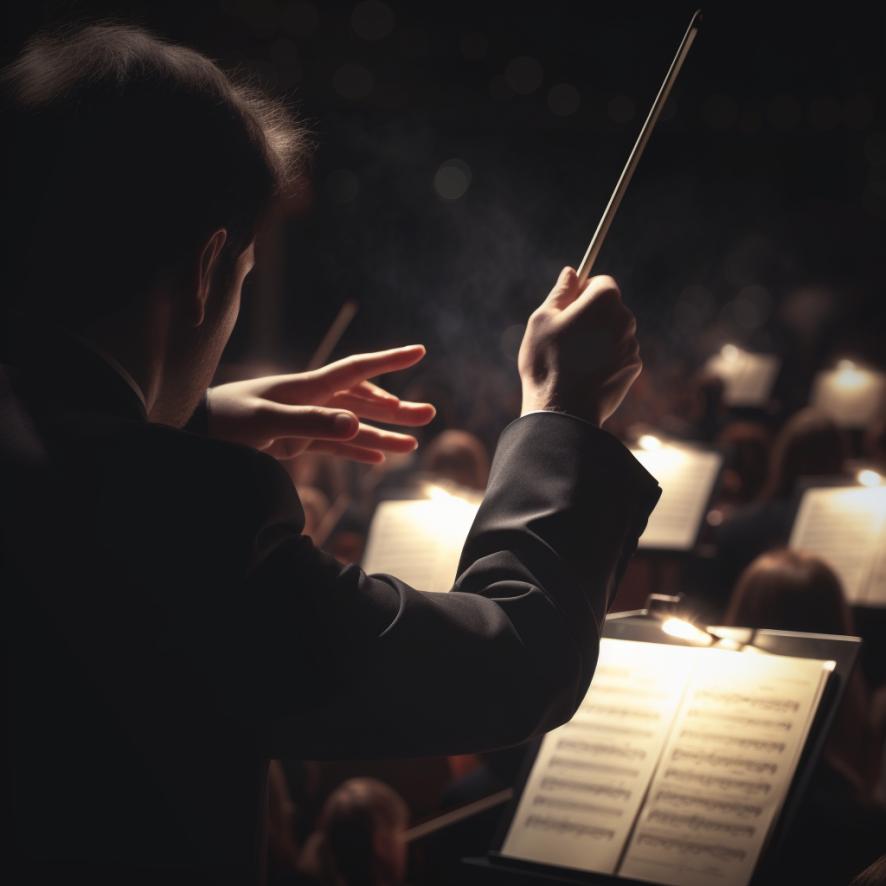
What Is Human Authorship?
Humans are still involved in AI art, but to what extent? Human authorship is a bedrock principle behind copyright protections.
Some makers have attempted to argue that giving a text prompt for AI implies human authorship, allowing AI art to be registrable under current copyright law. However, the US Copyright Office in its Kashtanova ruling signaled its unwillingness to count a text prompt as equal to true authorship.
What Is “Work Made for Hire”?
In general, the creator of the work is presumed to be the owner under US copyright law. “Work for hire” is a notable exception to this principle.
Under certain circumstances, work made for pay can legally belong to the company or entity that commissioned the output. This is called “work for hire” and is governed by Section 101 of the U.S. Copyright Act (Title 17 of the U.S. Code).
In recent reviews, the Copyright Board has rejected the effort to classify AI-generated art as “work-for-hire”, stating that US copyright law is not designed to extend past human authorship. For instance, in the 2018 case Naruto v. Slater, a selfie taken by a macaque monkey was deemed unprotectable as the creator was non-human. Human authors are currently necessary to qualify for registration under the Copyright Act.
Can AI-Generated Music Be Copyrighted?
AI-generated music can be purchased and downloaded. For instance, the US-based AI music company Suno currently tells its users that premium subscribers can pay to own the sound recording that they generate. However, whether or not AI music can be copyrighted and truly “owned” remains to be seen.
Courts have yet to decide formally whether or not copyright protections apply to AI music, but signs point to a battle as to how, where, and to what extent humans were involved in the creation process. For instance, a music producer who uses AI software to scan for clipping audio after performing a guitar solo would likely have a much better case for ownership of their work than someone who uses AI to generate the entire melody, lyrics, and backing track for their song.
Can You Sue for Copyright Infringement on AI-Generated Music?
Even major artists and their labels are faced with dilemmas over copyright infringement for AI-generated music. Recently, an AI-generated song mimicking the style of Drake and The Weeknd went viral before being flagged by a DMCA takedown notice. Courts have yet to conclusively decide whether or not Drake and The Weeknd, or any other artists whose works have been fed into AI algorithms, have any legal recourse or protections.
In some ways, AI functions very similarly to human creativity. Most artists admit to being inspired by existing melodies, songs, themes, and genres. They listen to their heroes and then create their versions of songs with new lyrics and melodies.
It remains to be seen if AI-generated music will be understood as an extension of this kind of fair use or whether or not it is in another camp altogether.
It remains to be seen if AI-generated music will be understood as an extension of this kind of fair use or whether or not it is in another camp altogether.
How Can a Lawyer Help with an AI Music Complaint?
An entertainment lawyer at The Fried Firm can help musicians, creators, producers, and labels working with AI tools stay ahead of changes in the legal landscape. Whether you’re trying to protect your work, avoid accidental copyright infringement, or negotiate ownership in collaborative projects that involve AI, our team is here to help. The Fried Firm is available to answer questions in entertainment, music, and media law regarding:
- Copyright registration for music with AI-assisted elements
- Contract drafting and negotiation when collaborating with AI developers
- Concerns over using AI tools in the creative process
- Infringement analysis and dispute resolution, including unauthorized use of your vocals, likeness, or original work in AI-generated content
- Ensuring compliance as AI-generated music regulations evolve and shift

Where creative minds come together
Contact The Fried Firm Today for Help
The Fried Firm is an experienced legal resource for creatives. Our attorneys are not just playing catch-up with technology. Instead, at The Fried Firm, our lawyers are dedicated advocates helping shape the future of creative rights.
If you’re unsure how AI fits into your music or intellectual property strategy, we’re ready to advise and advocate for you. Contact us today for a consultation.
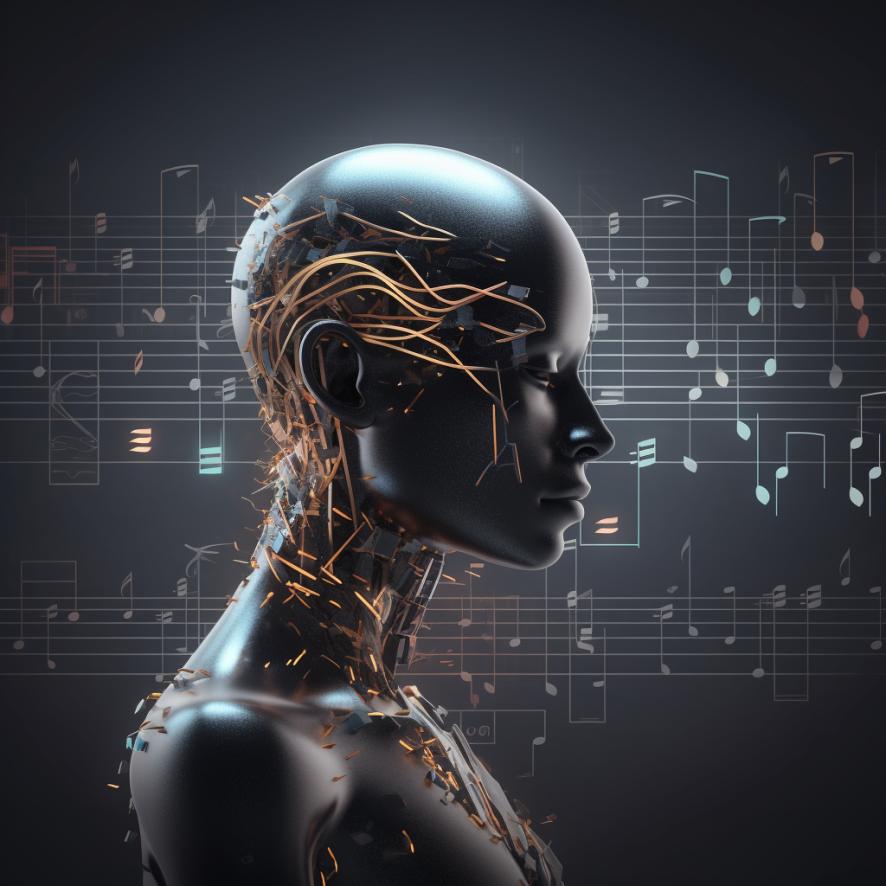
 Trusted Content
Trusted Content

